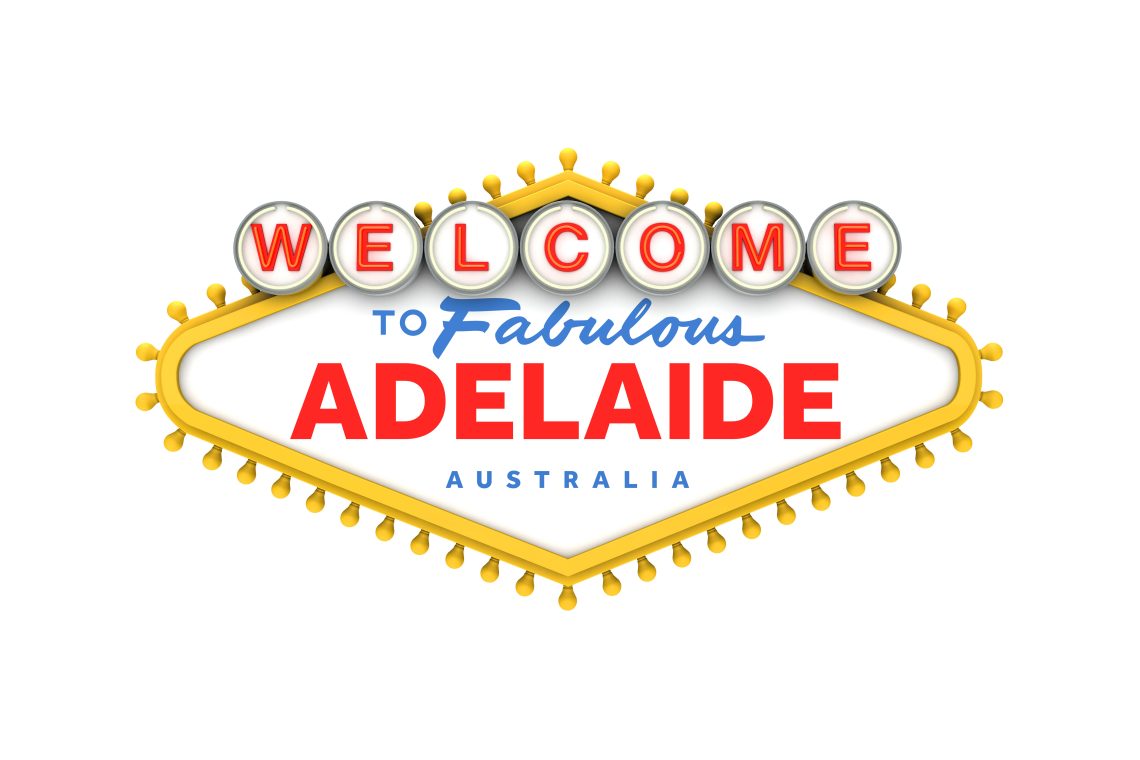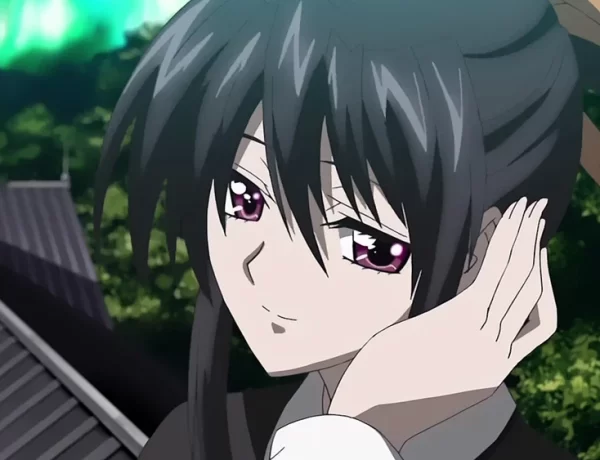In 1968, the Tasmanian public voted narrowly on gambling, which resulted in the establishment of the Wrest Point Hotel Casino. Australia’s first casino, Wrest Point, was opened in Hobart in 1973, followed by the Country Club Tasmania in Launceston in 1982, leading to a north-south rivalry. Over the past 50 years, Tasmania has taken a lenient approach to gambling, expanding its availability and diversity of gambling activities, and playing a critical role in the development of gambling products. However, the gaming industry in Tasmania has been dominated by the Federal Hotels Group, which holds the exclusive right to operate table games, gaming machines, and keno across the state, presenting challenges for some local gambling enterprises. The upper house in Tasmania is now poised to pass legislation that would terminate the Federal Group’s monopoly on gambling licenses. Nonetheless, the bill has been criticized for not being a significant reform in a state where gambling interests have had a long-standing hold and which has one of the highest levels of gambling-related harm.
The Origins of Australia’s Gambling Industry
Prior to 1968, some Tasmanians held the belief that Tasmania, also known as the “Apple Isle,” was unsuitable for gambling or other activities associated with vices. However, others who were focused on business saw the potential for casinos to attract tourists and generate new opportunities. Ultimately, the latter group won the gambling referendum in 1968, and Tasmania has never been the same since.
The new era officially commenced in 1973 with the grand opening of the Wrest Point Casino. The event was marked by a lavish display of luxury and vibrant colors, and the casino featured various amenities, such as roulette tables, a sauna, a revolving restaurant, and a state-of-the-art security system. The Country Club Tasmania in Launceston became the second casino to open its doors in 1982, and its inauguration was attended by several high-profile guests, including the then-Premier of Tasmania. These events cemented Tasmania’s position as Australia’s gambling hub, drawing both domestic and international visitors.
Over the past 50 years, Tasmania has adopted a lenient approach to gambling, expanding the range and scale of gambling activities and playing a significant role in the development of gambling-related services.
The Development of Casino Gaming in Tasmania
When the Federal Hotels consortium vied for the initial casino license in Australia, having a casino in Tasmania was not part of the state’s plan. Fast forward fifty years, and Tasmania now boasts an unparalleled enthusiasm for gambling. The state government eagerly welcomes the substantial tax revenue generated by the 3,399 poker machines in 95 venues, as well as the recent emergence of online Australian casinos that have greatly enhanced the gambling experience. Although Tasmania is Australia’s smallest state, its gambling industry surpasses all others and boasts a unique gambling atmosphere. Despite this success, Tasmania believes there is still room for growth and plans to enhance its gambling offerings. The transformation began in 1993 when Tasmanian law allowed the use of poker machines and the Federal Group was granted an exclusive license to operate them in pubs and clubs. However, the old agreement is set to expire next year, which will enable individual venues to obtain their own licenses. The proposed legislation is expected to pass in Tasmania’s upper house.
The Proposed Bill’s Impact on the State’s Gaming Sector
The Gaming Control Amendment bill proposes to put an end to the Federal Group’s monopoly on gambling licenses in Tasmania. The Liberal state government asserts that passing this legislation will bring in an additional $8.5 million in state revenue to support vital services and community needs while reducing the Federal Group’s profits. Critics of the bill argue that it represents a missed opportunity to address the significant power wielded by gambling interests in the state and the high level of gambling-related harm. Statistics reveal that Tasmanians collectively lose approximately $15.5 million per month on pokie machines, which some argue is contributing to the deterioration of public services and the fragility of Tasmania’s democracy.
However, it is essential to note that the Tasmanian Liberal government has clarified that the bill will not restrict people’s liberties or dictate how they spend their money or what entertainment they can enjoy. Instead, if passed, it will assist in managing potentially problematic gambling activities.
Final Thoughts
Tasmania’s gambling industry has come a long way since the establishment of the Wrest Point Hotel Casino in 1973. Over the past 50 years, Tasmania has taken a lenient approach to gambling, expanding its availability and diversity of gambling activities, and playing a critical role in the development of gambling products. However, the gaming industry in Tasmania has been dominated by the Federal Hotels Group, which holds the exclusive right to operate table games, gaming machines, and keno across the state. The proposed Gaming Control Amendment bill seeks to end the Federal Group’s monopoly on gambling licenses in Tasmania, but it has been criticized for not being a significant reform in a state where gambling interests have had a long-standing hold and which has one of the highest levels of gambling-related harm. The bill’s passing would bring additional revenue to support vital services and community needs while reducing the Federal Group’s profits, but the state’s gambling industry still has room for growth, and the management of potentially problematic gambling activities remains an ongoing concern.
Read more fashion articles at ClichéMag.com
Images provided by BingAI, Adobe Stock, Flickr, Unsplash, Pexels, Pixabay & Creative Commons





